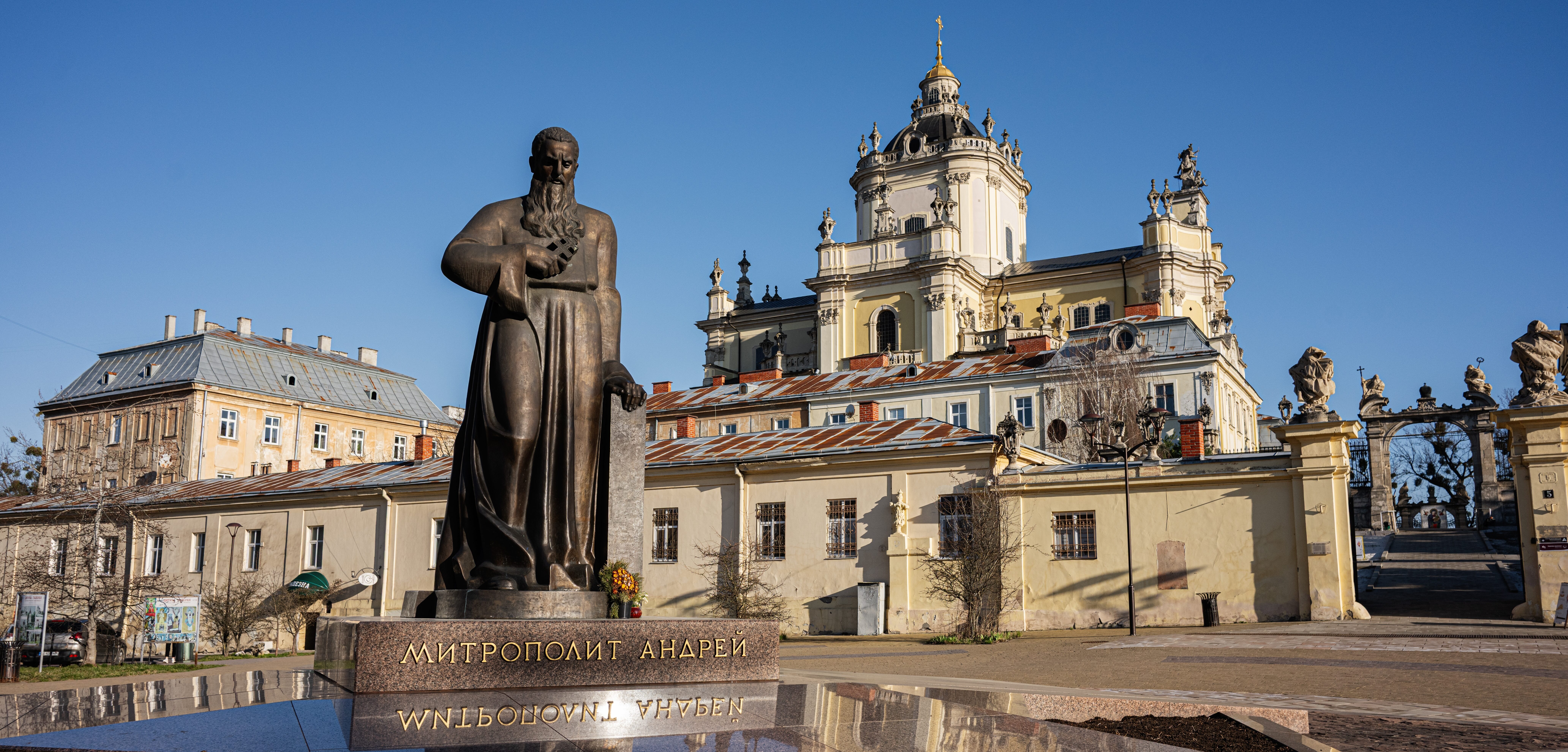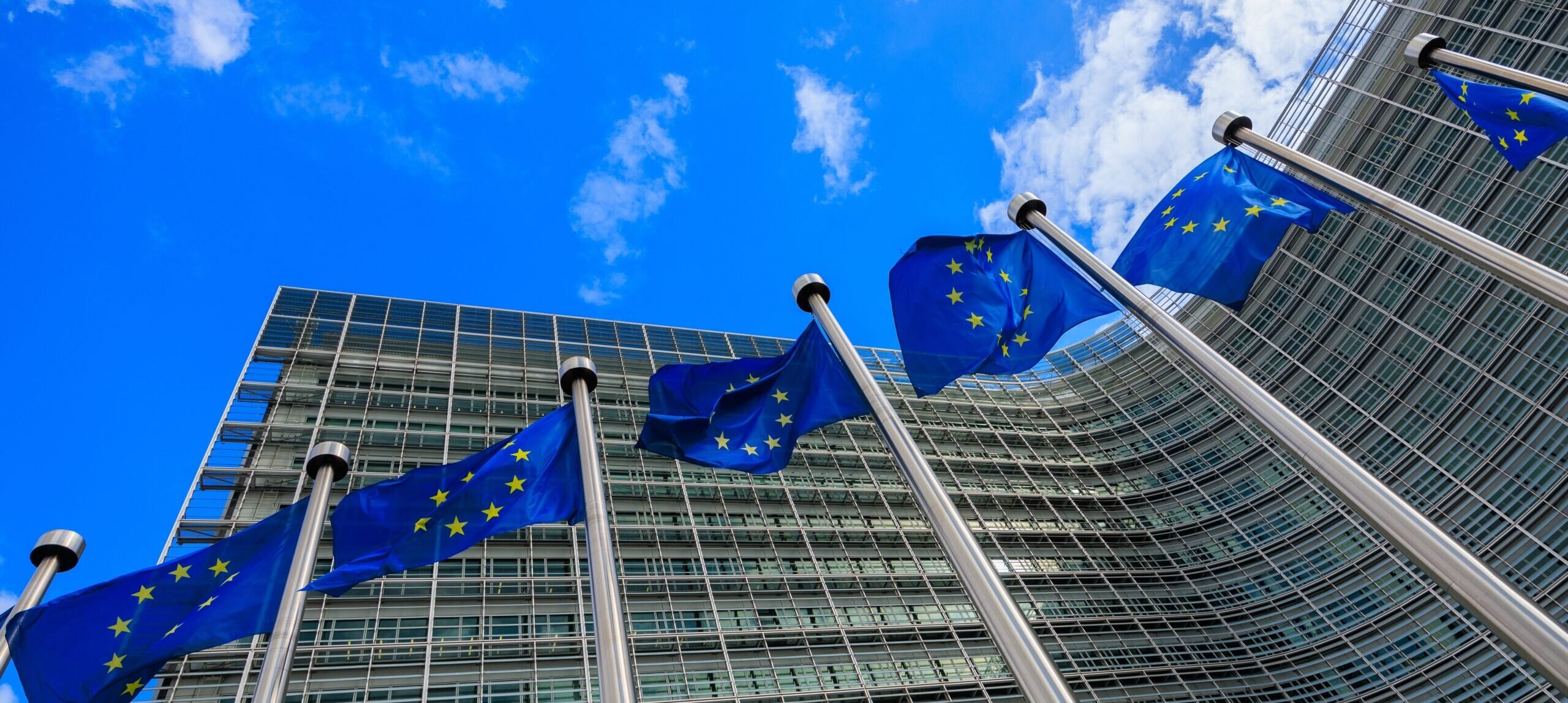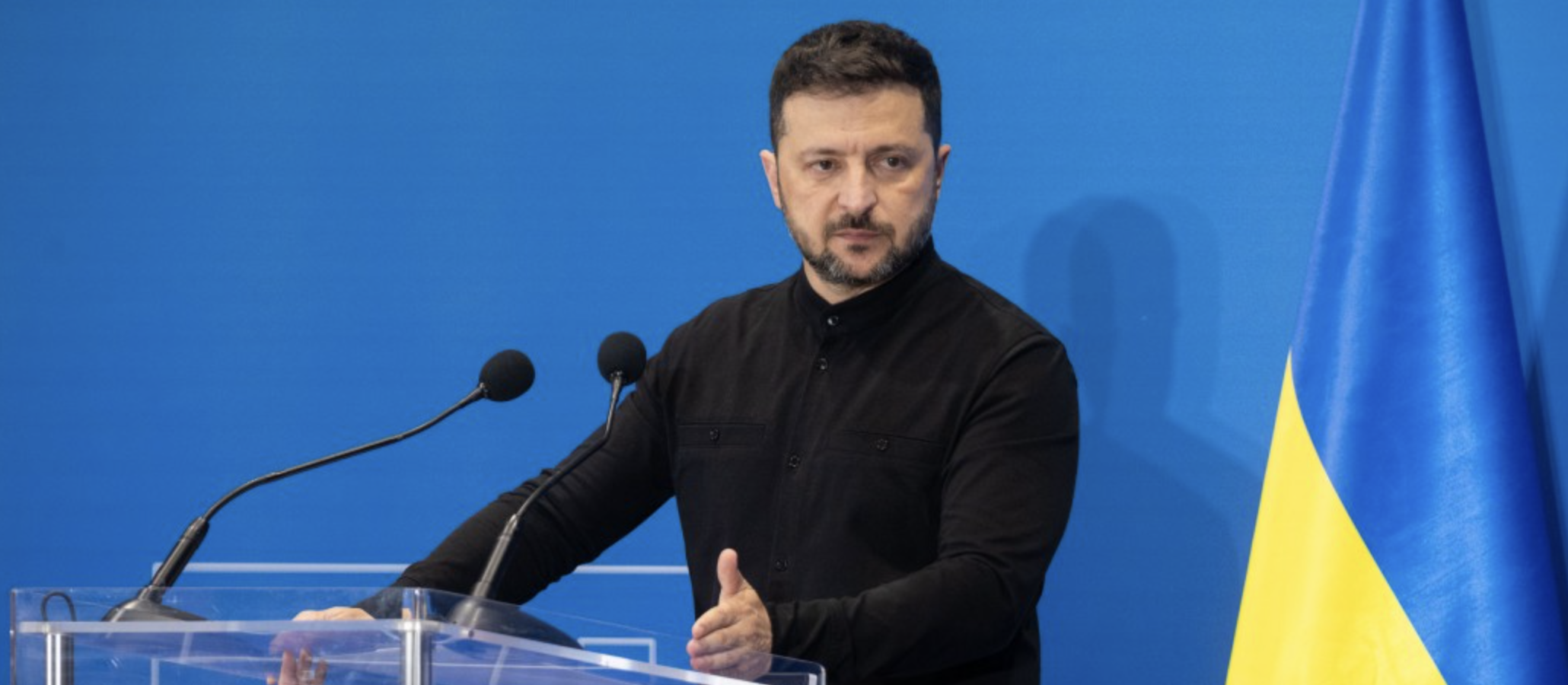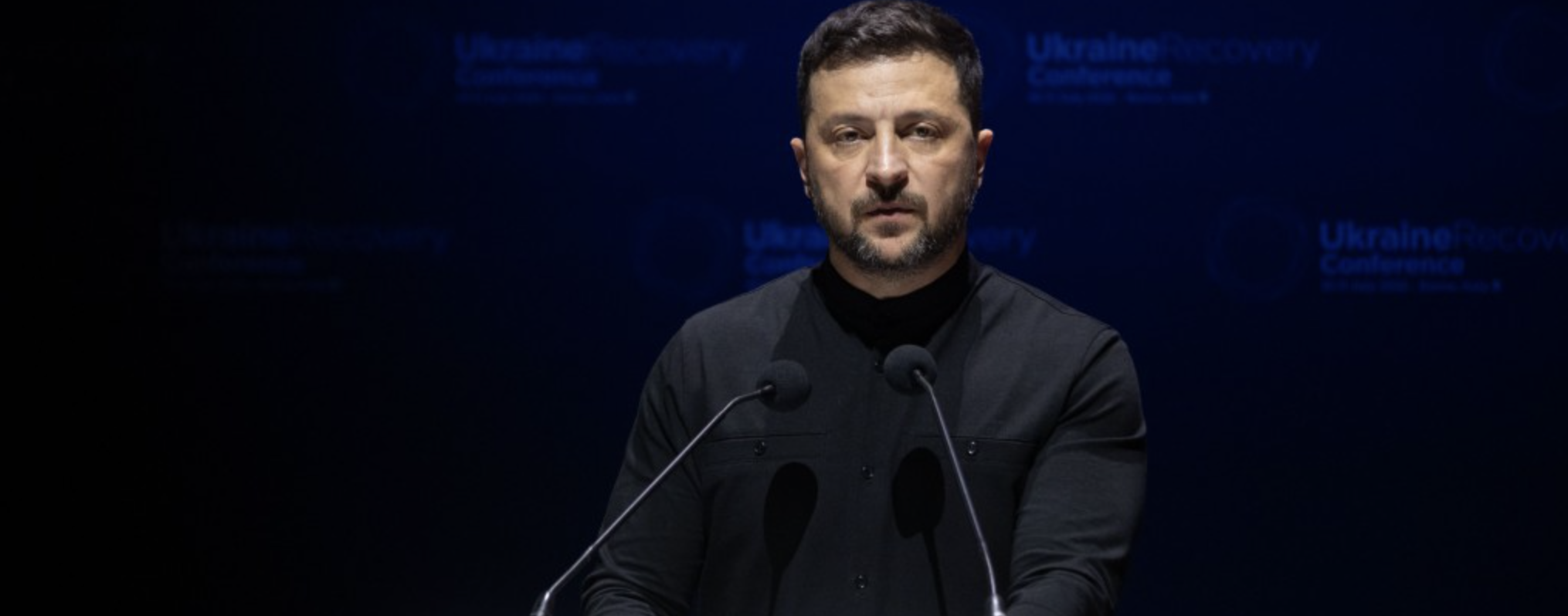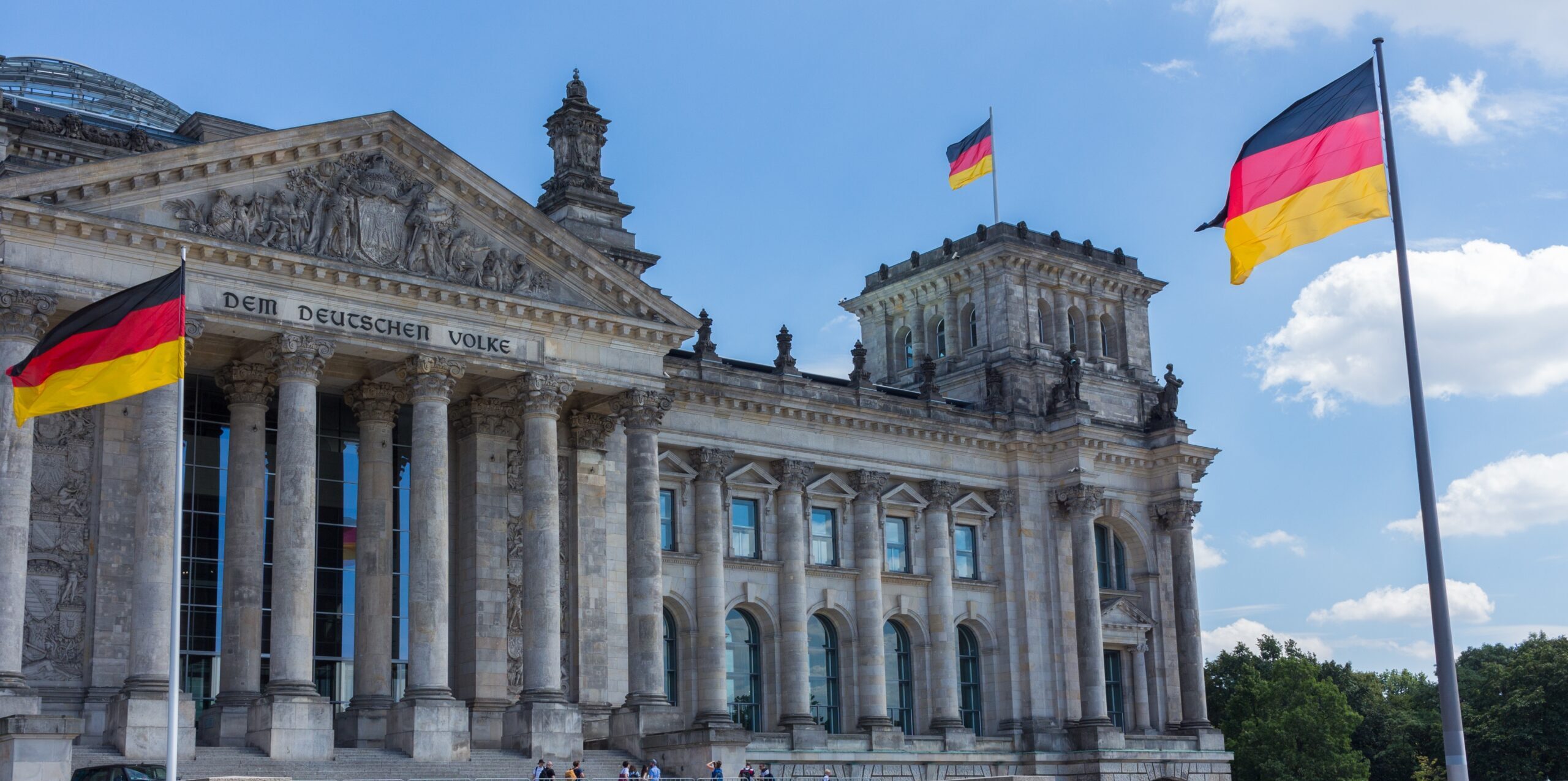
Berlin is currently discussing the possibility of allocating 200 billion euros to bolster its defense capabilities, according to an initiative proposed by Friedrich Merz, the likely future chancellor of Germany.
As the leader of the Christian Democratic Union party that won a plurality of votes in the recent parliamentary elections, Merz said negotiations have started with the Social Democratic Party (SDP) on this matter, Bloomberg reports.
“Officials from Merz’s Christian Democrats and the SDP are discussing ways to get around Germany’s tight restrictions on government borrowing to free up resources for the country’s dilapidated military,” the report states.
Germany’s current defense expenditures currently stand at 2 percent of economic output (GDP), in line with NATO’s defense spending target. Discussions are underway to raise that target to 3 or to 3.5 percent.
The goal is to finalize this decision before the current parliament’s term expires.
“Merz has been promising to ramp up investment in the German military to counter Russian aggression but his plans have run into trouble after fringe parties secured a blocking minority in the next parliament,” the article said.
One of the proposals under consideration is the creation of a special fund to cover new military expenses and aid to Ukraine. Other options include increasing the existing defense fund by €100 billion or revising the rule that limits state debt to allow for additional defense spending.
To implement any of these options, a two-thirds majority in parliament would be required, which may be difficult to achieve with the Bundestag’s new composition.
Meanwhile, Merz on Feb. 26 met with French President Emmanuel Macron in Paris to discuss “joint initiatives” after his party’s electoral victory.
The discussions likely centered around the recent shift in U.S. policy on Russia’s war against Ukraine and broader European security concerns, according to German state broadcaster Deutsche Welle.
“Together, our countries can achieve great results for Europe,” Merz said afterward.
The two leaders agreed to open “a new chapter in Franco-German relations.”
Earlier, on Feb. 23, snap elections to Germany’s legislature were held with Merz’s conservative Christian Democratic and Christian Social Union bloc garnering 28.6 percent of the vote.
Cover: Shutterstock

